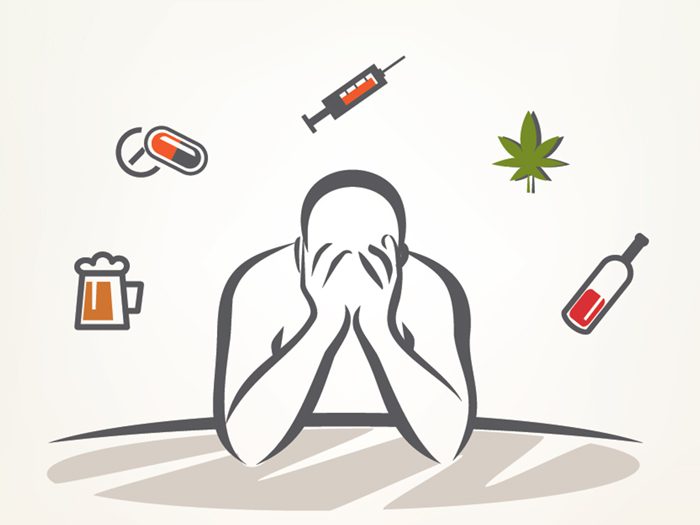 Addiction is a disease in which one develops an uncontrollable chemical dependency on alcohol and/or drugs, causing a change in their mind, body, and behavior.
Addiction is a disease in which one develops an uncontrollable chemical dependency on alcohol and/or drugs, causing a change in their mind, body, and behavior.
If not treated, addiction will progress over time until the body and mind become dependent on the chemical in order to function. A chemical dependency can result in horrible withdrawal symptoms, long-term health problems, and possibly death.
Whether you or someone you love is suffering from a chemical dependency, here are three common questions that may be of interest to you.
What is a chemical dependency withdrawal?
A chemical dependency withdrawal is what one will experience when the body does not receive enough of the substance for the desired effect. Depending on the substance, withdrawal symptoms can be as minor as light shaking or as severe as violent illness and muscle aches. Alcohol withdrawal symptoms can even result in death.
What is a chemical dependency assessment?
There are many different tools professionals may use to determine the best quality of care one may need in order to heal from addiction and chemical dependency. A chemical dependency assessment, evaluation, or screening is a tool using specific questions in relation to chemical usage and may be completed verbally or in a written questionnaire form. It’s imperative that questions are answered honestly in order for the addiction specialist to determine best treatment for long-term sobriety. The National Institute on Drug Abuse offers many different assessment tools pertaining to specific chemicals.
What is a chemical dependency treatment program like?
There are many different chemical dependency treatment programs available that offer a variety of programs such as detoxification, residential inpatient, partial hospitalization, and intensive outpatient. Collaboration with a medical team of addiction specialists will safely determine which evidence-based treatment options will work best for the individual.
If you or someone you love is in need of a chemical dependency treatment facility, please contact Great Oaks Recovery Center anytime at (713) 769-0102. We can help.
Reference
Counselor’s Manual for Relapse Prevention With Chemically Dependent Criminal Offenders. (n.d.). Retrieved August 23, 2016.


